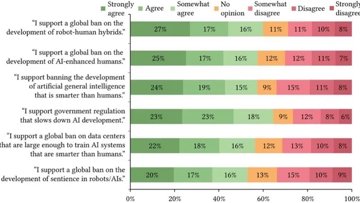Chinese Robotics Pioneer Unitree Poised for Landmark IPO
Hold onto your circuit boards! Unitree Robotics, China’s formidable force in quadrupedal and bipedal robot development, is preparing for a significant public debut on the Chinese stock market. This isn’t merely another corporate flotation—it represents a potential watershed moment for the entire robotics industry.
The company has established an impressive portfolio, securing 90 contracts with government bodies and universities collectively worth over £4.2 million. Remarkably, more than half of this revenue materialised just within the past year, demonstrating extraordinary growth momentum. These mechanical marvels are clearly becoming increasingly indispensable within China’s academic and governmental spheres.
The image showcases Unitree’s striking humanoid robot—a vision of sleek futurism with its pristine white exterior and enigmatic visor. This isn’t merely an aesthetic triumph but a tangible embodiment of Unitree’s technological ambitions.
As the company enters the “tutoring” phase of its IPO process (effectively preparing the market for its arrival), it’s tapping into a sector with extraordinary growth potential. Leveraging China’s robust supply chains, cutting-edge AI research capabilities, and substantial government investment, Unitree is strategically positioning itself as the premier provider of intelligent machines for logistics, manufacturing and service industries.
The pivotal question remains: Does this herald a broader trend? Will we witness a wave of robotics firms following Unitree’s example by seeking public investment? If so, we may be observing the nascent stages of a paradigm shift where robotics companies become not just technological innovators but stock market powerhouses.
For investors and technology enthusiasts alike, Unitree represents a fascinating bellwether. This IPO could potentially trigger a cascade of similar moves throughout the robotics sector. The next robot you encounter might not just be delivering packages or performing tasks—it might be fundamentally reshaping investment portfolios as well.













